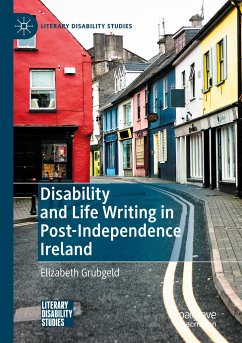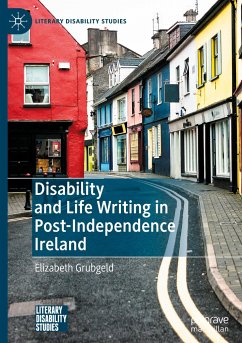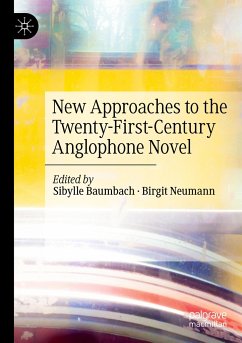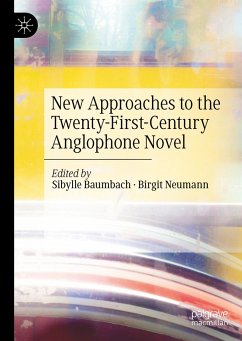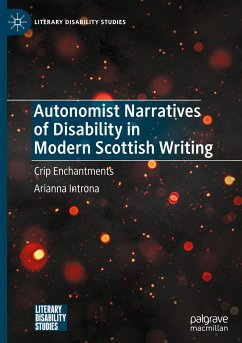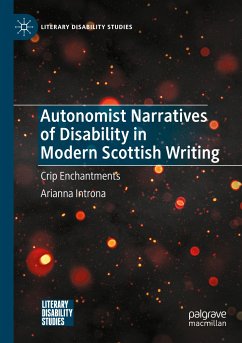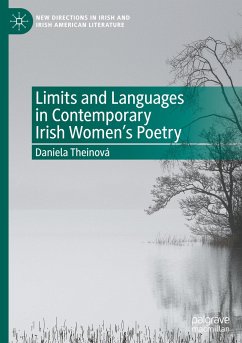
Beckett and Politics

PAYBACK Punkte
53 °P sammeln!
This collection of essays reveals the extent to which politics is fundamental to our understanding of Samuel Beckett's life and writing. Bringing together internationally established and emerging scholars, Beckett and Politics considers Beckett's work as it relates to three broad areas of political discourse: language politics, biopolitics and geopolitics. Through a range of critical approaches, including performance studies, political theory, gender theory, historicizing approaches and language theory, the book demonstrates how politics is more than just another thematic lens: it is fundament...
This collection of essays reveals the extent to which politics is fundamental to our understanding of Samuel Beckett's life and writing. Bringing together internationally established and emerging scholars, Beckett and Politics considers Beckett's work as it relates to three broad areas of political discourse: language politics, biopolitics and geopolitics. Through a range of critical approaches, including performance studies, political theory, gender theory, historicizing approaches and language theory, the book demonstrates how politics is more than just another thematic lens: it is fundamentally and structurally intrinsic to Beckett's life, his texts and subsequent interpretations of them. This important collection of essays demonstrates that Beckett's work is not only ripe for political engagement, but also contains significant opportunities for understanding and illuminating the broader relationships between literature, culture and politics.




